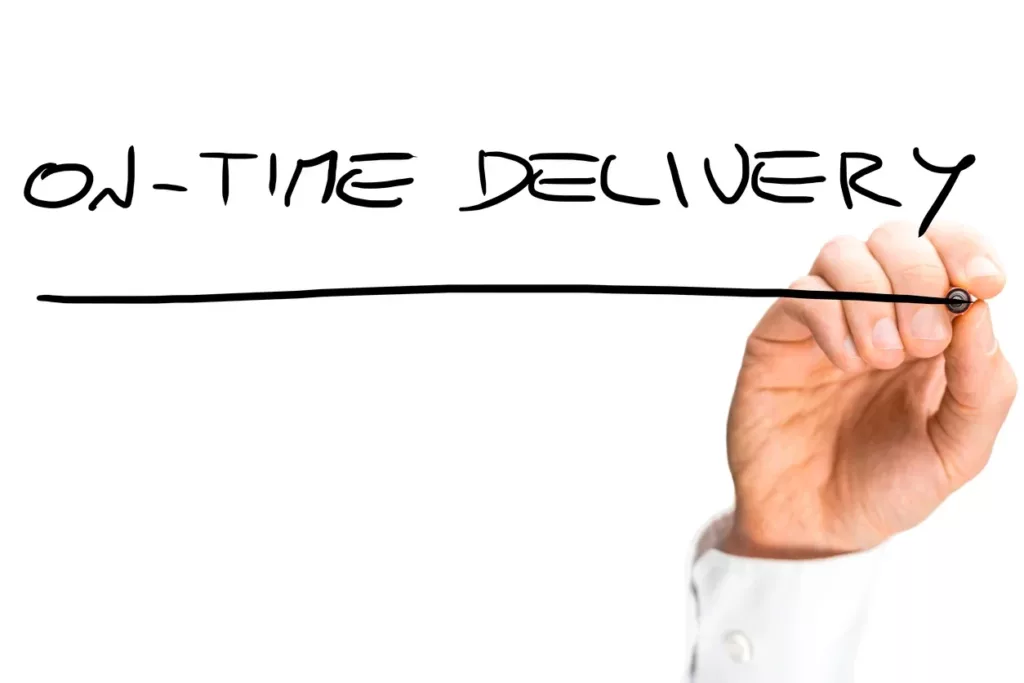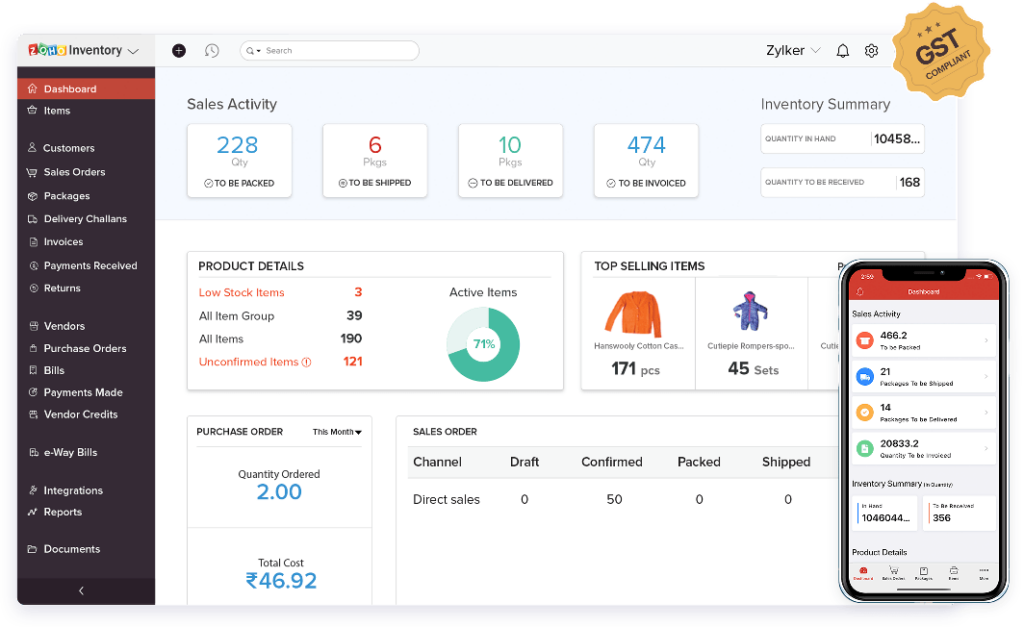When it comes to sales, the choice between retail and wholesale can significantly impact your business’s success and profitability. Both retail and wholesale play essential roles in the supply chain and distribution of goods, catering to different markets and consumer preferences. In this article, we’ll delve into the differences between retail vs. wholesale, the importance of making the right choice, the pros and cons of each approach, and provide you with valuable tips to decide which option suits your business better.

What are Wholesale vs. Retail in Sales?
Wholesale and retail are distinct channels in the sales industry that cater to different aspects of consumer demand and supply. A wholesaler is a distributor who purchases goods in bulk from manufacturers and sells them to retailers or other businesses. Wholesalers typically offer products at lower prices and in larger quantities. On the other hand, a retailer is a business that sells goods directly to end consumers. Retailers offer products in smaller quantities, often at higher prices than wholesalers, and provide a personalized shopping experience.
Why is the Choice between Wholesale vs. Retail Important?
The choice between wholesale and retail is pivotal as it directly impacts your business model, target market, pricing strategy, and overall profitability. Your decision will shape your brand’s identity and determine how you interact with consumers. Making the right choice ensures that your business aligns with the preferences of your intended audience, leading to higher customer satisfaction and loyalty.
Pros and Cons of Retail:
Pros:
Direct Consumer Interaction
Retailers have the advantage of interacting directly with consumers, enabling them to build brand loyalty, provide personalized experiences, and gather valuable feedback.
Higher Profit Margins
Retailers typically enjoy higher profit margins per unit sold, as they can set their prices based on market demand and consumer willingness to pay.
Brand Control
Retailers have greater control over branding, marketing, and customer engagement, allowing them to shape their brand identity and maintain a distinct image.
Flexibility in Pricing
Retailers can adjust their prices and implement various pricing strategies to attract different consumer segments and respond to market trends.
Cons:
Lower Sales Volume
Retail sales usually involve smaller quantities, leading to lower overall sales volume compared to wholesale. This can impact economies of scale and potentially limit profit potential.
Intense Competition
The retail sector can be highly competitive, with numerous competitors vying for the same consumer base. This can make it challenging to stand out and capture market share.
Inventory Management
Retailers often face inventory management challenges due to fluctuating demand, seasonal trends, and the need to manage a wide variety of products.
Higher Marketing Costs
Retailers must invest more in marketing efforts to attract and retain customers, as they bear the responsibility of promoting their products directly to end consumers.
Pros and Cons of Wholesale:
Pros:
High Sales Volume
Wholesalers benefit from selling in bulk to retailers and other businesses, resulting in higher sales volume and potentially greater overall revenue.
Reduced Marketing Efforts
Wholesalers can rely on retailers to market and promote their products to end consumers, reducing the need for extensive marketing campaigns.
Wider Network
Wholesalers have the opportunity to establish relationships with a larger network of retailers and business partners, expanding their market reach.
Economies of Scale
Bulk purchasing allows wholesalers to take advantage of economies of scale, leading to lower procurement costs and potentially higher profit margins.
Cons:
Lower Profit Margins per Unit
Wholesalers typically offer products at discounted prices, resulting in lower profit margins per unit sold compared to retail.
Limited Brand Control
Wholesalers have less control over branding and customer interactions, as retailers are responsible for presenting the products to end consumers.
Dependence on Retailers
Wholesalers rely on retailers to effectively market and sell their products, which means their success is partially tied to the retailers’ efforts.
Bulk Purchasing Challenges
Wholesalers need to manage inventory and storage for larger quantities of goods, which can lead to storage costs and potential overstock issues.
Which Option is Better?
The choice between retail and wholesale depends on your business goals, resources, and target market. If you aim to establish a strong brand identity, engage directly with consumers, and have greater control over pricing and marketing, retail might be the better choice. On the other hand, if you prioritize higher sales volume, wider market reach, and are comfortable with potentially lower profit margins, wholesale could be the optimal route.
4 Tips to Choose between Wholesale vs Retail:
Analyze your Target Audience
Firstly, understand your customers’ preferences and buying behavior. If they value personalized experiences and are willing to pay premium prices, retail might be the way to go. If they prioritize affordability and convenience, wholesale could be more suitable.
Evaluate Profit Margins
Secondly, calculate the potential profit margins for both retail and wholesale models. Consider your costs, pricing strategies, and sales volume projections to determine which approach offers better long-term profitability.
Assess Resources
Thirdly, take stock of your business’s resources, including financial capabilities, inventory management systems, and marketing expertise. Retail requires more personalized marketing efforts, while wholesale relies on building relationships with other businesses.
Market Research
Lastly, Conduct thorough market research to understand industry trends, competition, and demand. This information will help you identify gaps in the market and make an informed decision.
Conclusion:
In the eternal debate of retail vs. wholesale, there is no one-size-fits-all answer. Your choice depends on your business objectives, market dynamics, and available resources. Retail offers brand control and personalized experiences, while wholesale provides higher sales volume and market reach. By carefully analyzing your target audience, profit margins, resources, and market trends, you can make an informed decision that aligns with your business’s unique needs and goals. Whether you opt for the direct consumer interaction of retail or the broader market penetration of wholesale, success awaits those who choose wisely.



